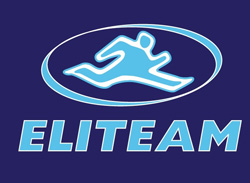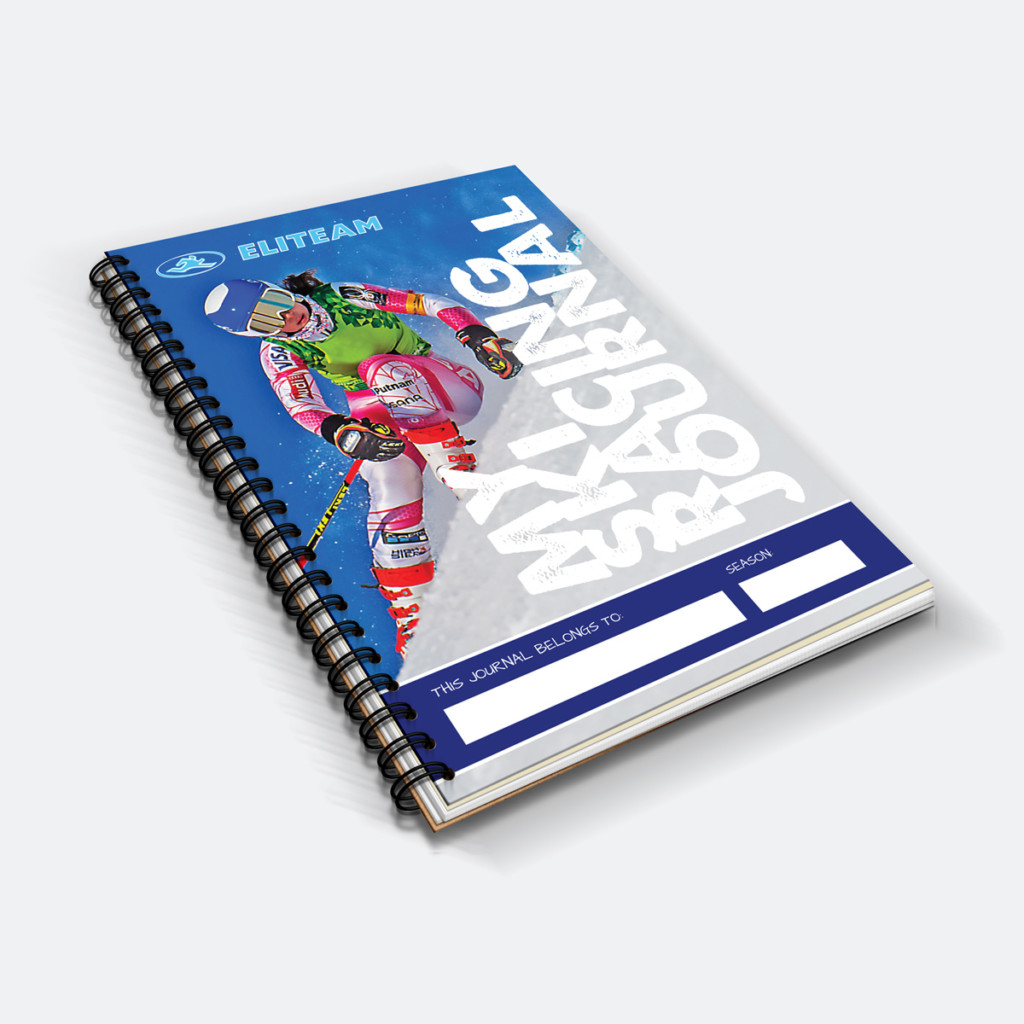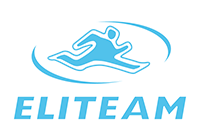
Part of VARA’s Winter Athlete Email Series
By: VARA – December 15th, 2019
This is an informational email on journaling and how it is an integral part of an athlete’s routine. Gold Medalist, Barbara Ann Cochran offers insight on the subject including, quotes from Olympians, Leanne Smith, Julia Ford, Jimmy Cochran, and Doug Lewis.
“I kept a journal throughout my Junior and US Ski Team years as a ski racer. It did a number of positive things including; kept me focused on my goals, kept me positive, tracked my progress, kept me disciplined, and helped manage my nerves and anxiety – especially on race day! Journaling was just as important as time in the training course or having tuned skis.” – Doug Lewis, VARA Olympian
ELITEAM’s Doug and Kelley Lewis created a journal specific to ski racing.
Click the logo for more info.
“Keeping a daily journal is vital for athletic performance. Recording and working toward your daily goals will help you to reach those mile markers as well as help you achieve those long term goals and dreams. Reflection is key to success during the hard times, and having records of things that work for you will always be there when you need it most. You owe it to yourself with all of the time spent on snow to write everything down. And remember to always keep things as simple as possible!” -Leanne Smith USST, Olympian
Insight from Olympian, Barbara Ann Cochran
(Mom of Ryan Cochran-Siegle)
Train better than you race? You’re not alone. Barbara Ann Cochran believes that if you train better than you race, this is actually great, it means “you have the skills you’re just not accessing them. And you change your emotions by changing your thoughts… …if you’re focusing on your mistakes or how you’re not as good as someone else, you become more and more negative—you want to switch your thoughts to be positive. If you only had 1 in 60 turns that were good, that’s the one you want to focus on.”
Cochran, a former World Cup racer and Olympic Gold Medalist and current Performance Coach for high school ski racers, believes that when it comes to results, “90% or more is your mental aspect, not because skill isn’t important but because your mental aspect is the differentiating factor.” She notices that within high school racing, often, the skill level throughout the racing field is very similar but that there is a huge variant in emotions, confidence, attitude, and mindset that affect results. To improve these states of mind, Cochran recommends journaling.
“It doesn’t have to be a lot of detail, just something that helps you focus and gives you a chance to reflect on what you’re working on and trying to improve… …then the next part of the process is once you go to bed, think back on what you’re trying to do, mentally practice it, if its a run, try and do 5 runs before bed.”
When it comes to journaling, some find the structural, formatted daily entries to be helpful, some draw pictures, some make lists and others just write and write until the entry feels complete. This is often referred to as “stream of consciousness writing.” For some, writing can be easier than saying things aloud; stream of consciousness writing can expose things you may not have even realized yourself—like an Aha! moment that normally could come from a parent, coach, or friend, but this time that you gave to yourself.
Barbara Ann spoke about stream of consciousness writing which she called “morning pages,” as something to do when you’re feeling chaotic or frantic. She recommends “taking 3 sheets of lined paper, start with the date and just start writing until you fill up those 3 pages.” She described a personal experience with ‘morning pages’ where she was looking for answers and found them: “It was like the universe was answering my questions. As if the thought came from outside of me but came through me. The answer was so thoughtful and truthful and spiritual.”
For some this is a great way to find answers and create an understanding for your subconscious. For others, there are alternative ways to document your thoughts; when asked if he kept an athletic journal, Jimmy Cochran said, “probably the closest thing for me [to journaling] is with a well organized and practical spreadsheet.” Whatever way to document your thoughts and habits that help enhance your performance and confidence is great, spreadsheets included.
Other benefits of athletic journaling are that it can improve:
Confidence
Motivation
Concentration
Mindfulness
Communication
Memory
Healing
Understanding your goals
Additionally, a journal can create personal and historical data of what you were thinking/feeling before an event and how that might affect event results. Keeping track of what you ate, what time you went to bed, if you worked out or skied and how you were feeling mentally before a race can be a great way to understand what kind of emotional and physical state can improve your race performance. For training, Barbara Ann said, “you can even put [an entry] on your phone on the chairlift, and can review it when you’re on the hill or when you’re in the start, look at your paper, look at your phone and visualize what you’re working on for that training run.”
Possibly one of the best benefits of journaling is mindset adjustment. Keeping your thoughts in check, reminding yourself that it’s about you and no one else, your goals, your thoughts, and becoming the best athlete you can be.
At the beginning of this email, Leanne mentioned keeping your journaling as simple as possible. There are many ways to journal, free write, use a spreadsheet, make entries in a calendar or on your phone. Perhaps one of the easiest ways to keep a journal as a young athlete is through a specific format that is all set up and guides you through the process, such as, My Ski Racing Journal created by Kelley and Doug Lewis. Journaling is a win win and certainly won’t hurt, so make a deal with yourself and give it a try.
Thanks to contributions from Doug Lewis, Leanne Smith, Julia Ford, Barbara Ann Cochran and Charlotte Dworshak.

Thanks to ELITEAM for sponsoring this email.
“Keeping a journal is one of the best ways to stay on track with what you want to accomplish, big or small. It’s like having a “private” coach checking in on you daily.” -Olympian, Julia Ford
“At the very least, a journal can be a tool to help remember training exercises, drills, goals, and results. It can serve as a library of information to make daily plans, training, and making day to day decisions easier and more effective. At its best, a Journal can be the light that illuminates not only the positive and healthy things that are helping athletes become better and better, but also the negative traps that are constantly trying to bring them down and steer them away from their goals. Ultimately, it is the glue that keeps everything cohesive and together in terms of what athletes need to reach their ultimate goals.” – Doug Lewis, VARA Olympian
#varaproud #thewholeathete


